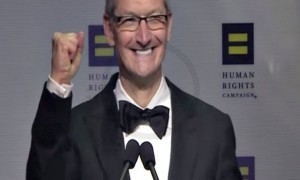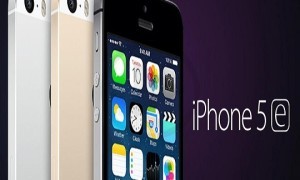Passwords are a horrendously obsolete and awkward way to deal with security, and it’s a great opportunity to relegate them to history. This thought has been propagated by the Federal Trade Commission’s main technologist Lorrie Cranor. This week he told a security gathering that official government counsel to change passwords frequently can really worsen the situation.
When you constrain individuals to change their passwords consistently, they will utilize an anticipated example, which is often nothing more than some word and a number. This not just makes it simpler to break existing passwords, additionally to foresee what a future secret key will be.
Apple’s plan
Passwords are characteristically shaky, and measures taken to attempt to make them less insecure is actually proving the counter productivity. Apple has obviously gone some path toward decreasing the reliance on passwords, presenting Touch ID coming with the iPhone 5s. The company is also offering Auto Unlock of Macs by means of the Apple Watch. Some people are particularly trusting this will be simply an asylum to Touch ID on Macs too.
Partial solution
Touch ID is just a fractional answer to the issue. It doesn’t dispense with the requirement for passwords. Moreover, a simple iOS change prior this year will imply we really need to utilize our iOS passwords all the more frequently. Two-way verification enhances the security of passwords, but not perfectly. Imperfections aside, the awkwardness of this approach, and absence of buyer training, implies that numerous individuals just don’t bother to use the process.
HSBC declared recently that it is betting everything on biometric security, supplanting both passwords and important inquiries with a mix of Touch ID and voice-acknowledgment – with the tech key of Apple on the flow. Many other financial organizations are likewise adopting similar strategies. Apart from biometric security, face recognition is another form of security that is popular too.





























